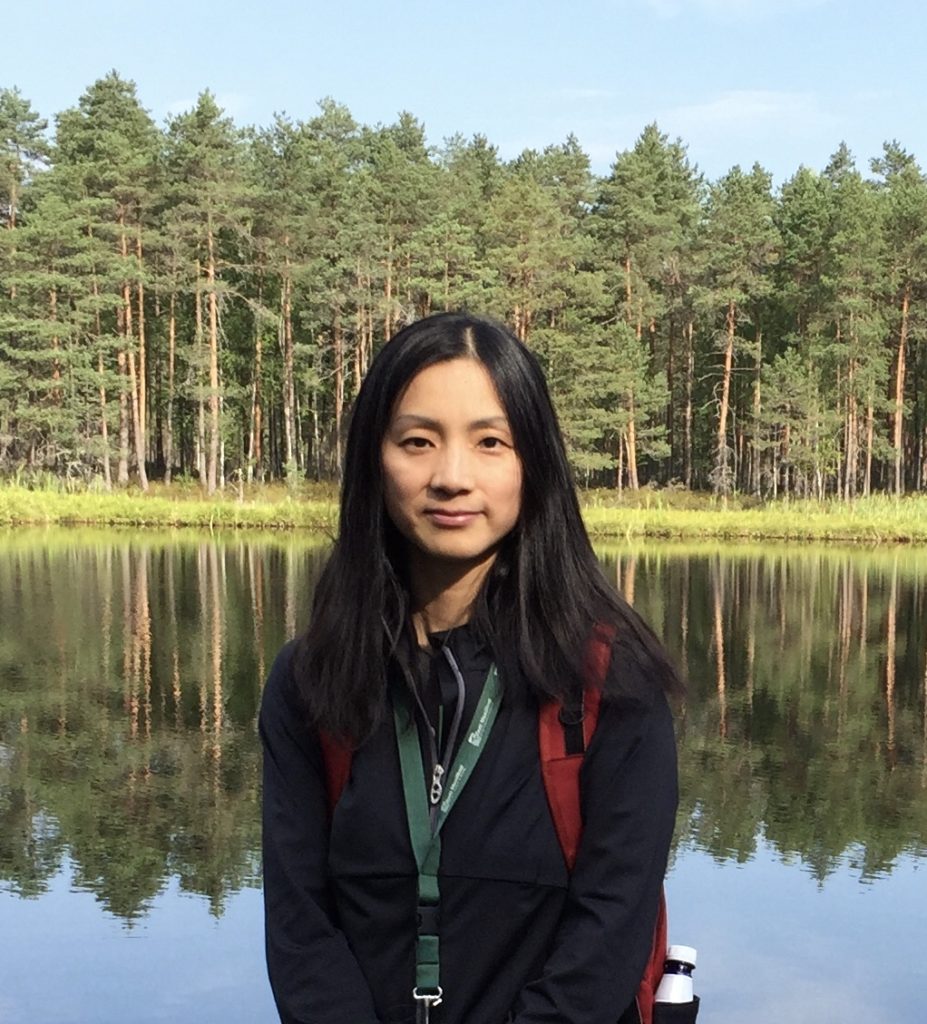We are delighted to announce the addition of two esteemed faculty members to the UEP community: Dr. Peilei Fan and Dr. Hassaan F. Khan. Both bring a wealth of knowledge, expertise, and passion to UEP. In this post, we will introduce you to Dr. Fan and Dr. Khan, highlighting their backgrounds, research interests, and contributions to the field. Join us in extending a warm welcome to these accomplished scholars as they embark on their journey with the UEP community.

Peilei Fan, Ph.D. is a Visiting Professor of Urban and Environmental Policy and Planning at Tufts University. A native of Shanghai in China, Dr. Peilei Fan received her BS in Computer Science and MS in Geography (Nanjing University), Master’s in City and Regional Planning (Rutgers University), and MS in Computer Science and Ph.D. in Economic development (MIT). Her postdoc training was in the fields of innovation and urban development (United Nations University in Japan with Tokyo Institute of Technology and Tsukuba University). Before joining Tufts, she has been a faculty member of Urban and Regional Planning Program and Center for Global Change and Earth Observations at Michigan State University (2007-present).
She has focused her research on the field of urban sustainability, global change, and innovation studies. She has investigated the coevolved relationships between urbanization, landscape and environmental changes, and economic development under climate change, institutional transformation, and globalization in transitional economies (China, Mongolia, Cambodia, Lao PDR, Myanmar, Vietnam, Russia, Romania), in Global South, and at a global scale. She has served as PI/Co-I on numerous external grants totaling $6.3M (> $3.8M as PI) in funding from National Aeronautics and Space Administration (NASA), National Science Foundation (NSF), and US Agency for International Development (USAID). She is the recipient of the William J. Beal Outstanding Faculty Award (MSU, 2022-23), Public Intellectual Program Fellow (National Committee on US-China Relations, 2019-20), Cross-disciplinary Faculty Research Award from College of Social Science (MSU, 2018-19), and Core Fulbright US Senior Scholar (US Dept. of State, 2017-18). Her publications include two books, numerous peer-reviewed articles and book chapters, and guest (co)editorials for special issues of high impact academic journals, including as a lead author in Proceedings of National Academy of Sciences (PNAS) and a co-author in Nature Communications.
She has over 16 years of experience as a faculty member at nationally accredited planning programs and advised numerous graduate students and postdocs/research associates. Under her supervision, her mentees have obtained prestigious national/international awards, including Outstanding Planning Student Award of American Institute of Certified Planners, fellowships of Foreign Language and Area Studies (FLAS) (US Dept. of Education), Asian Foundation, and National Socio-Environmental Synthesis Research for Graduate Students, and awards from NASA and the Association of Collegiate Schools of Planning (ACSP).
Her leadership and services to local, national, and international settings include: elected President (2023-2027) and Secretary General (2019-2023) of International Association of Landscape Ecology (IALE), the Deputy Director of the Landscape Ecology Working Party of the International Union of Forest Research Organizations (IUFRO) (2019-), and an associate editor of a flagship journal in the field of urban planning “Landscape and Urban Planning” (2021-). She has been a committee member of the Finance & Investment Committee (2019-) of ACSP and was the Co-Chair for Food Systems, Community Health and Safety Track (Track 9) of ACSP (2019-21).

Hassaan F. Khan is joining Tufts from Karachi where he was an Assistant Professor of Environmental Science at Habib University. His teaching and research focus on issues of environmental justice and equity, combining rigorous systems analysis with mixed methods approaches, to study water management in the global south. Dr. Khan currently leads an interdisciplinary research group (KWP) engaged in investigating approaches to inform water management in megacities across South Asia. He was previously a Postdoctoral Scholar at Stanford University in Earth System Science where he developed integrated hydrogeologic and human systems models to inform sustainable urban water management in Amman (Jordan) and Pune (India). Dr. Khan holds a Ph.D. in Water Resources Engineering from the University of Massachusetts Amherst and a B.S. in Civil and Environmental Engineering from Lafayette College. Studying engineering in a Liberal Arts setting at Lafayette shaped much of his personal and professional thought and spurred his interest in environmental stewardship. Outside of his water research, he enjoys reading about the role of modernity in shaping our current ecology, politics, religion, and economy. He is originally from Karachi, Pakistan.